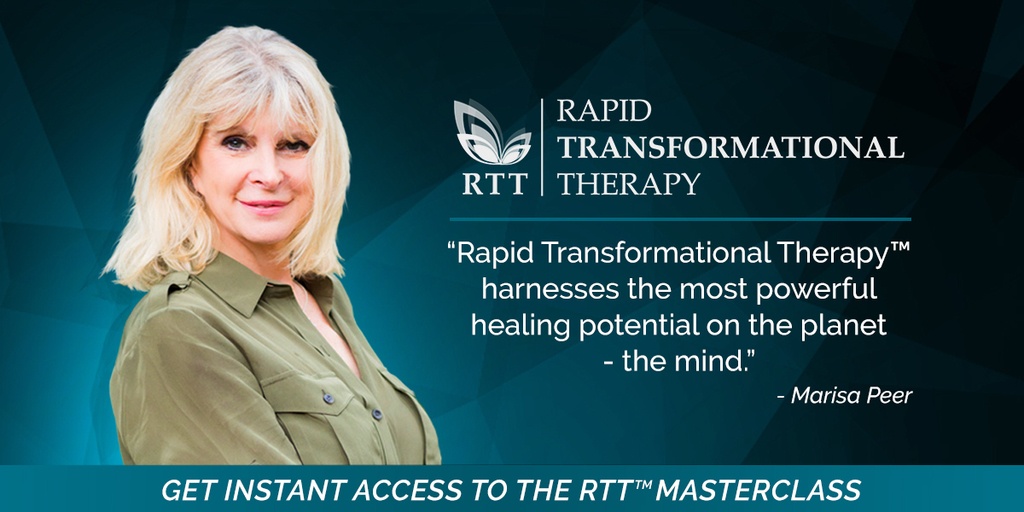I worked with a client who was totally overwhelmed by her life. Her children were hard to manage, her husband unhelpful, and her job left her feeling overstretched and underappreciated every day. During our session, I listened to the language she was using. She repeatedly said: “I can’t cope: I can’t cope with my badly behaved children, I can’t cope with how impossible my job is, I can’t cope with my constantly chaotic household.”
After she finished talking, I pointed out to her that she was frequently using the phrase “I can’t cope.” Immediately, she broke down: “Oh my goodness, my mother used to say that constantly.” This client had inherited that phrase—and by extension, that belief—from her mother, and was not taking responsibility for the words and pictures she was choosing. As a result, she had convinced herself that her life was one she could not cope with. This is how the power of words manifests itself in reality though influencing your mind.
 We replaced that phrase “I can’t cope” with something more neutral: “I have phenomenal coping skills.” Every time she began to feel overwhelmed with her life, I instructed her to say out loud or to herself “I have phenomenal coping skills.” This subtle shift made her believe the phrase was true. By using different words, she created a different picture.
We replaced that phrase “I can’t cope” with something more neutral: “I have phenomenal coping skills.” Every time she began to feel overwhelmed with her life, I instructed her to say out loud or to herself “I have phenomenal coping skills.” This subtle shift made her believe the phrase was true. By using different words, she created a different picture.
In a few weeks, she came back, feeling far more able to cope with her life, succeeding in her job, and getting on better with her kids and husband, who had noticed the change in her. But her life hadn’t changed at all — her beliefs about it had, which made it all the more bearable. She was a perfect example of the fact that to underachieve you have to fill your mind with negative thoughts and images and to overachieve you have to do the opposite.
Notice here that I didn’t instruct my client to say something that wasn’t true. Her job was hard, and her kids were a challenge. But by changing the overtly negative “My job is hell, my kids are badly behaved” to a more neutral version of events: “My job is demanding at times, and my kids can be a challenge, but I have phenomenal coping skills,” you immediately create less emotionally and negatively charged feelings towards it.

This isn’t about the power of positive thinking and pretending everything is rosy; indeed thinking positively when things objectively aren’t can be unhelpful and set up expectations that can’t always be fulfilled.
This is about actively re-framing the events of your life to reflect a different, more realistic picture. So, “I’m late again, I’ve messed up, I’m going to fail at all my tasks today” turns into: “I prefer to be on time, but I can still do this, I can get through the day in a manageable fashion.” With the latter phrase, you’re not pretending you’re superman or woman, but you are encouraging yourself to not expect the worst whilst believing in yourself .
Almost all of us talk to ourselves, but few of us examine the way we talk to ourselves. And we forget the power of words and how they can shift our perseption of ourselves and situations.
When you pay close attention to the words and phrases you’re constantly saying to yourself you identify some repeat offenders — such as my client’s “I can’t cope” refrain. Ask yourself: Would you talk to your best friend that way? Would you say “Oh, you’re always messing things up,” “You’re so hopeless,” or “You really have taken on way too much, you’ll never get it all done.”
Chances are, if you’re a good friend, you won’t dream of saying those things. Instead, you would be kind and encouraging and helpful. As a friend, you might say: “Life isn’t perfect, but we all do the best we can,” or “I’m sure you’ll get through it, and I’ll help you.” So ask yourself what might happen if you choose to talk to yourself how you might address a friend? Be kind and encouraging and supportive of yourself, and you’ll be amazed how much easier the world around you seems to become.
Learning about the power of words and the human mind is a fascinating and intriguing field of study that has been proven to be able to help people in just about every area of life. If you are interested in even more advanced tools to make greater changes in your life or the lives of others, watch this free Rapid Transformational Therapy masterclass.



